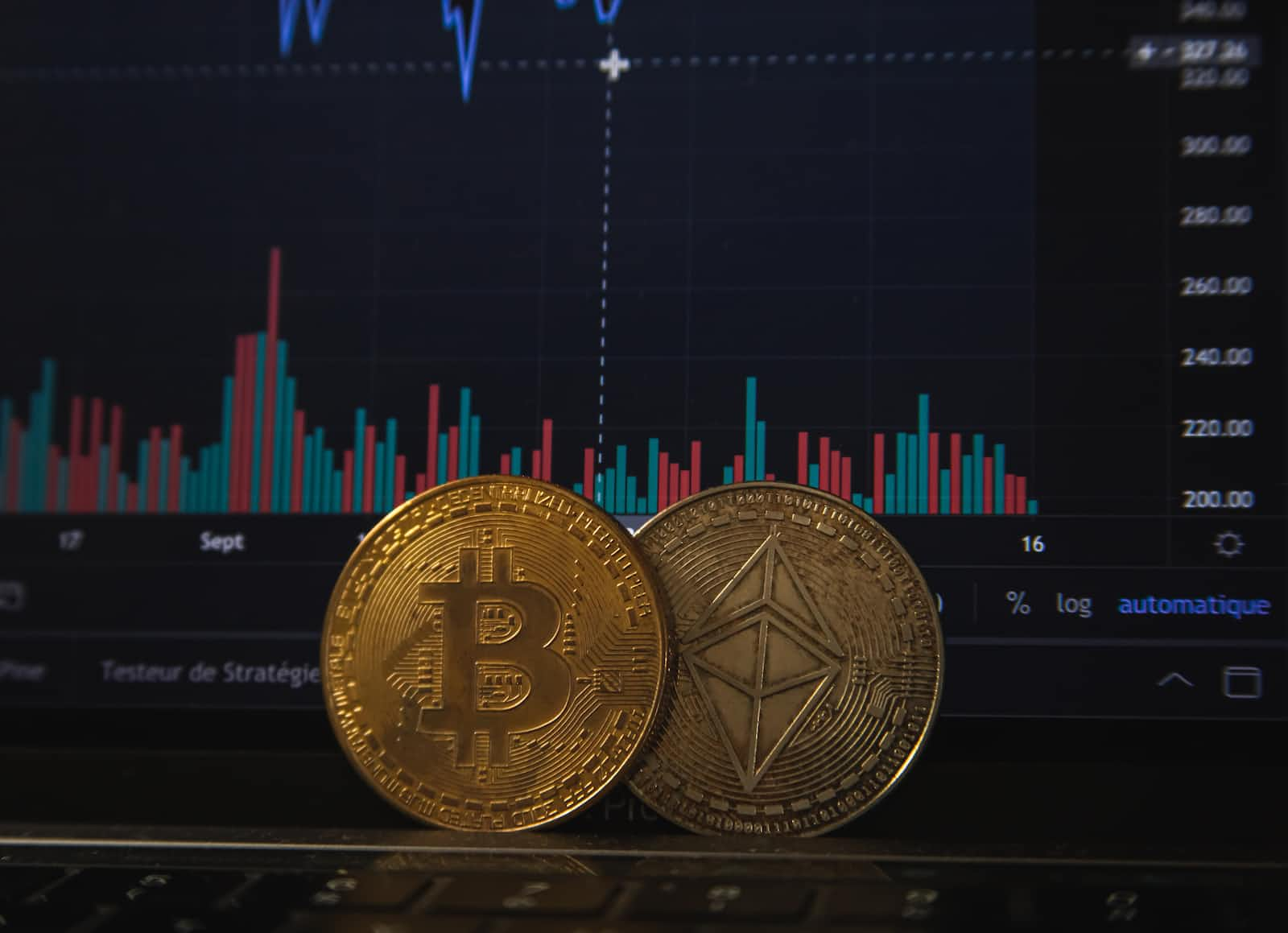Introduction to Decentralised Finance: Unleashing the Future of Finance
 Degen HODLer
Degen HODLer
In this blog, we will see what exactly DeFi is, how we can relate the concept of blockchain in the finance space, and how it is revolutionizing this vast sector. Before reading this blog you have to basic understanding of what are blockchain and finance if you don't have don't worry it's not something which is difficult to understand...
what is blockchain 😲 ?
Imagine a blockchain as a digital, unchangeable, and secure notebook where people can write down transactions. Instead of one person keeping the notebook, many people have a copy of it on their computers.
Whenever someone wants to add a new transaction to the notebook, like giving someone a digital coin, everyone checks if the transaction is valid. If most of them agree that it's valid, the transaction gets added to the notebook. This notebook is divided into blocks, each containing a bunch of transactions.
Now, here's the cool part: each new block is connected to the previous one, just like links in a chain. This is why it's called a blockchain. And because all the copies of the notebook are updated together, it's really hard for someone to cheat by changing a past transaction, because everyone else would notice and disagree.
So, a blockchain is like a shared, unchangeable, and secure digital notebook that keeps track of transactions, and it's useful for things like digital money (cryptocurrencies) or other records that need to be kept safe and transparent.
Now you got a basic understanding of what exactly a blockchain is, so for you now it will be easy to understand what is decentralized finance.
let's dive into DeFi 🚀
Over thousands of years, the financial system is controlled by rich and capitalistic people they have all the powers to control it although governments have control of it, some past incidents (the financial crisis of 2008 ) will force us to think about whether is it really reliable to believe in this centralized system or some alternative that will be more reliable, what if everyone has equal and distributed power to participate in this vast financial system, what if I can see each and every activity happening in my bank where is my money going and so on, in simple words what if we make this financial system free not controlled by one authority, democratized and cherry on the cake !! rewarding for all...
SO THIS IS HOW THE CONCEPT OF DeFI comes into the picture...
What is Decentralised Finance (DeFi)?
DeFi represents a paradigm shift in how we perceive and interact with traditional financial systems. It leverages the power of blockchain technology and smart contracts to create an open, permissionless, and decentralized ecosystem that offers a wide range of financial services and products.
A collection of financial applications, platforms, and protocols built on blockchain technology. Unlike traditional finance, which relies on intermediaries such as banks, brokers, and clearinghouses, DeFi operates without middlemen. Instead, it utilizes smart contracts, which are self-executing codes stored on a blockchain, to automate and enforce agreements between parties.
Key Concepts of DeFi:
Decentralization: DeFi operates in a decentralized manner, meaning there's no single point of control or failure. This enhances security and eliminates the need for intermediaries.
Smart Contracts: Smart contracts are the building blocks of DeFi. These self-executing contracts automatically execute predefined actions when specific conditions are met, without the need for intermediaries.
Interoperability: DeFi projects often interact with each other, allowing for composability. This means that various DeFi platforms can be combined to create more complex and powerful financial services.
Open Source: Many DeFi projects are open source, meaning their code is publicly accessible. This encourages collaboration, innovation, and transparency within the ecosystem.
Liquidity Pools: DeFi platforms often use liquidity pools to facilitate trading and lending. Users can contribute their assets to these pools and earn a share of the transaction fees generated.
Staking: Staking involves locking up a certain amount of cryptocurrency to support network operations, earn rewards, and maintain security.
DeFi vs. Traditional Finance:
| DeFi | Traditional Finance |
| Accessible to anyone with an internet connection, globally. | Can have geographic and eligibility limitations. |
| Eliminates intermediaries; transactions occur directly between parties. | Relies on intermediaries like banks, brokers, and clearinghouses. |
| Transactions and operations are recorded on the blockchain, providing transparency and auditability. | The transparency level varies; not all operations are equally visible. |
| Operates globally without currency conversion; suitable for cross-border transactions. | Often involves currency conversion, international regulations, and delays. |
| Operational 24/7; transactions can occur at any time. | Operates during business hours; transactions are limited by working days and hours. |
| Relies on blockchain technology and cryptography for security. | Security measures vary, with potential vulnerabilities in centralized systems. |
| Composable nature allows different platforms to be combined for more complex services. | Limited flexibility due to established structures and systems. |
| Users have full ownership and control of their crypto assets. | Accounts and assets can be subject to regulations and restrictions. |
| Users have direct control over their assets and can choose their risk exposure. | Relies on intermediaries for risk assessment and management. |
Here you can see the difference between decentralized ( not controlled by one authority) and centralized systems, both systems have some advantages and cons but it is the necessity of time that we should have transparent financial systems and defi has the power to change it.
The DeFi Ecosystem
The DeFi ecosystem is a vibrant and rapidly evolving landscape. It encompasses various sectors such as lending, borrowing, decentralized exchanges, derivatives, stablecoins, and more. Notable projects include Compound, Aave, Uniswap, and MakerDAO, each offering unique financial services powered by blockchain technology.
In conclusion, DeFi represents a groundbreaking shift in the way we approach finance. By leveraging decentralization, blockchain technology, and smart contracts, it offers greater accessibility, transparency, and efficiency compared to traditional financial systems. As the DeFi ecosystem continues to grow and innovate, it has the potential to reshape the future of finance as we know it.
Subscribe to my newsletter
Read articles from Degen HODLer directly inside your inbox. Subscribe to the newsletter, and don't miss out.
Written by

Degen HODLer
Degen HODLer
Passionate web3 enthusiast, dev looking to explore web3.